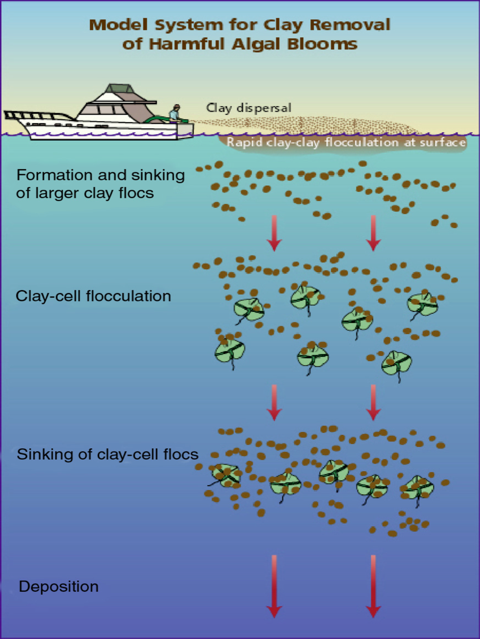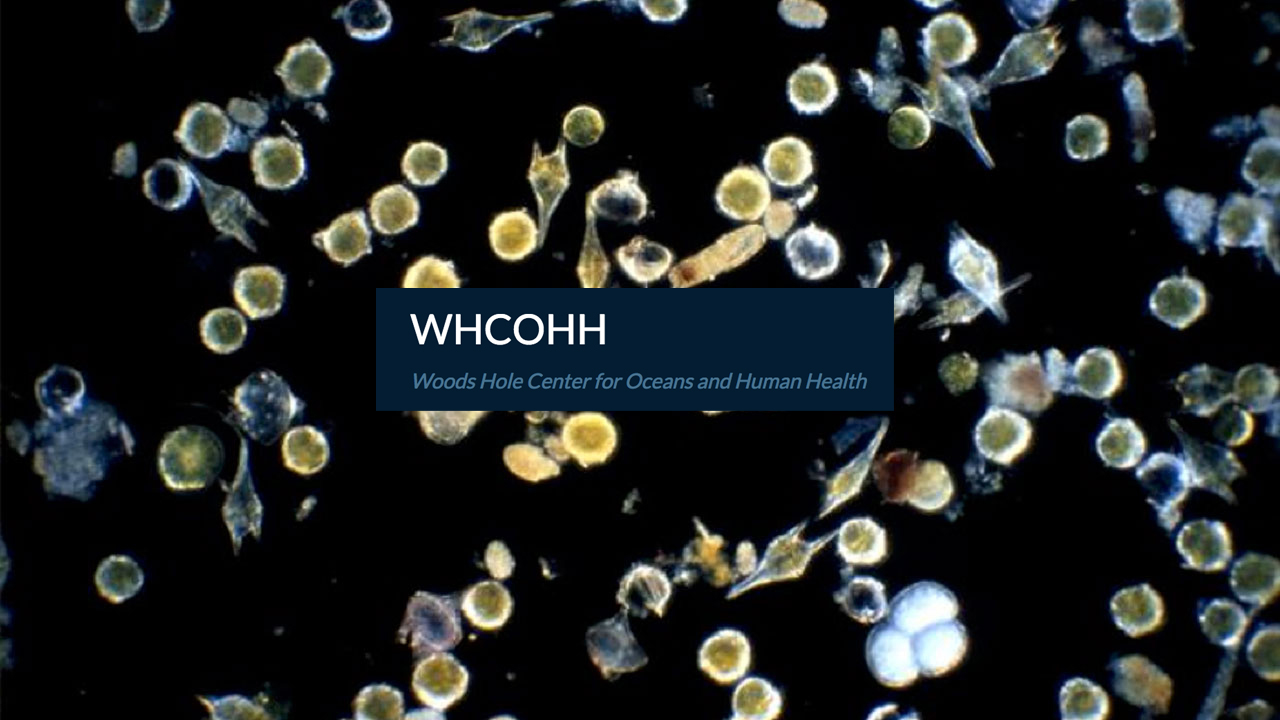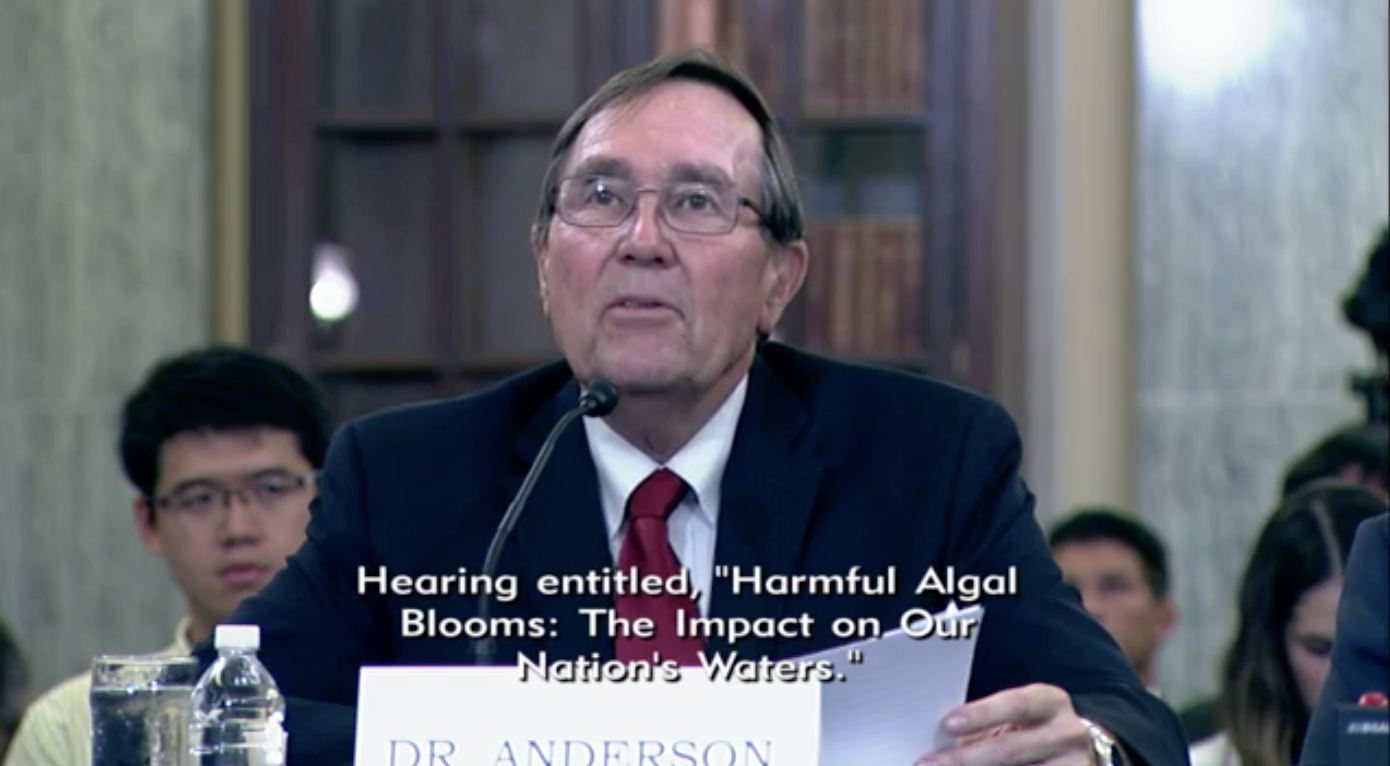News
Don Anderson, PhD was interviewed by Barbara Moran at WBUR about summer 2019 toxic algae blooms in Massachusetts in the Charles River basin, sites on Cape Cod, and other areas in Massachusetts for National Public Radio’s “All Things Considered.” The program “Summertime, And Toxic Algae is Blooming: Here’s What You Need to Know” aired on WBUR on July 26, 2019, one day after the Department of Public Health posted alerts for 8 freshwater locations for cyanobacteria blooms in Massachusetts. The full story can be found at this link: https://www.wbur.org/earthwhile/2019/07/26/toxic-algae-cyanobacteria-charles-river
 The Anderson Lab is launching a new project in response to this year’s record red tide events in Florida. In August, a state of emergency was declared due to a massive coastal bloom of the toxic dinoflagellate Karenia brevis. This event is responsible for creating widespread fish kills, causing respiratory distress in coastal inhabitants and visitors, and costing millions of dollars in economic loss for Florida communities.
The Anderson Lab is launching a new project in response to this year’s record red tide events in Florida. In August, a state of emergency was declared due to a massive coastal bloom of the toxic dinoflagellate Karenia brevis. This event is responsible for creating widespread fish kills, causing respiratory distress in coastal inhabitants and visitors, and costing millions of dollars in economic loss for Florida communities.
We will test a clay flocculation technique widely used in China and Korea to mitigate red tide events. This method involves dispersing clay in the water which adheres to the toxic algae and inhibits swimming capabilities, effectively causing it to fall from the water column. Testing will be conducted in the laboratory and in a pilot-scale field study, with the goal of determining effectiveness and monitoring environmental impacts. Any expansion of the program to larger areas in Florida would only occur once data are collected and analyzed from these small control applications. Learn more here.
The Woods Hole Center for Oceans and Human Health (WHCOHH) was granted five more years of funding by the NSF and the National Institute of Environmental Health Sciences. This funding will be used to continue interdisciplinary work understanding the relationship of harmful algal blooms and marine pathogens to public health. Learn more about this award from the WHOI press release, and more about the Anderson Lab’s involvement at the WHCOHH website.
On August 28, Don testified for the Subcommittee on Oceans, Atmosphere, Fisheries, and Coast Guard. The hearing, entitled “Harmful Algal Blooms: The Impact on Our Nation’s Waters” brought together experts, stakeholders and policymakers in the capital to discuss HAB events across the country. Other witnesses at the hearing included Bryan Stubbs of the Cleveland Water Alliance, Ivory Engstrom, Director of Special Projects at McLane Research Labs, and Patrick Neu of the National Professional Anglers Association. The meeting was chaired by Senator Dan Sullivan (R-Alaska), whose home state of Alaska has dealt with multiple HAB outbreaks of increasing severity in recent years. Don discussed the drivers of harmful algal blooms in various parts of the country and stressed the need for national monitoring and mitigation strategies. The archived webcast, as well as to Don’s written testimony, can be found here.
- « Previous
- 1
- 2
- 3

